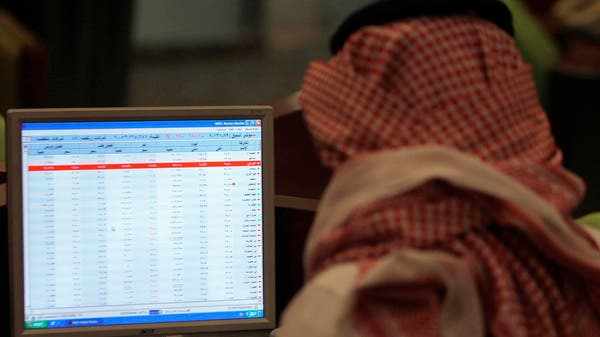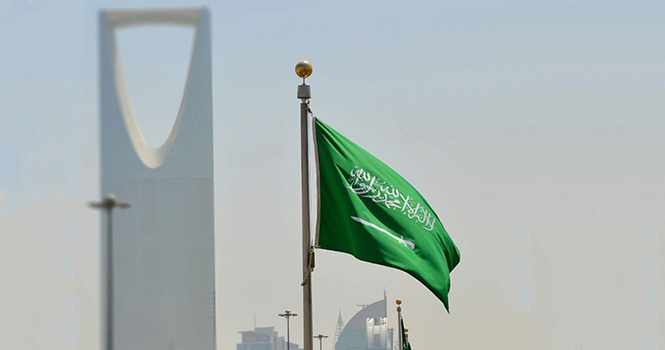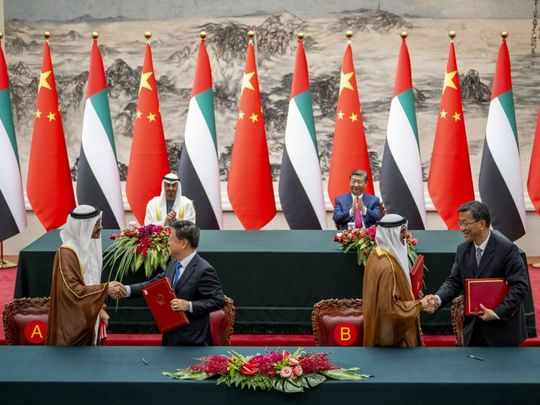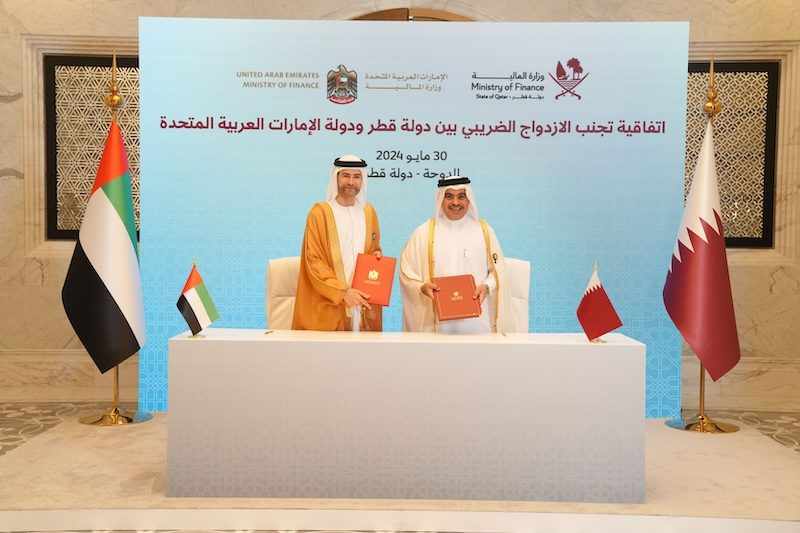What are the implications of the UAE’s tax reforms?
What are the implications of the UAE’s tax reforms?
Dr Robert Mogielnicki is a senior resident scholar at the Arab Gulf States Institute in Washington
The Ministry of Finance in the United Arab Emirates announced a 9 per cent corporate tax to be implemented June 1, 2023. The new tax only applies to profits above Dh375,000 dirhams ($102,090); multinationals that fall under the OECD/G-20 inclusive framework on base erosion and profit shifting may be subject to different rates. This corporate tax rate will not apply to: firms operating in natural resource extraction, individual income from areas that do not require commercial licences, and companies registered in free zones. Nonetheless, the announcement surprised some observers, given the UAE’s reputation as a low-tax environment.
Yet other taxes are already in place in the UAE. The Emiratis were among the first of their Gulf Cooperation Council counterparts, along with the Saudis, to implement a value-added tax in 2018. The UAE government introduced an excise tax in 2017 – the scope of which has expanded since. Oil companies and foreign banks must pay corporate taxes, and various tourist facilities in the country also levy associated taxes.
Beyond these taxes, many businesspeople and investors in the UAE have long griped about the plethora of business-related fees, which result























